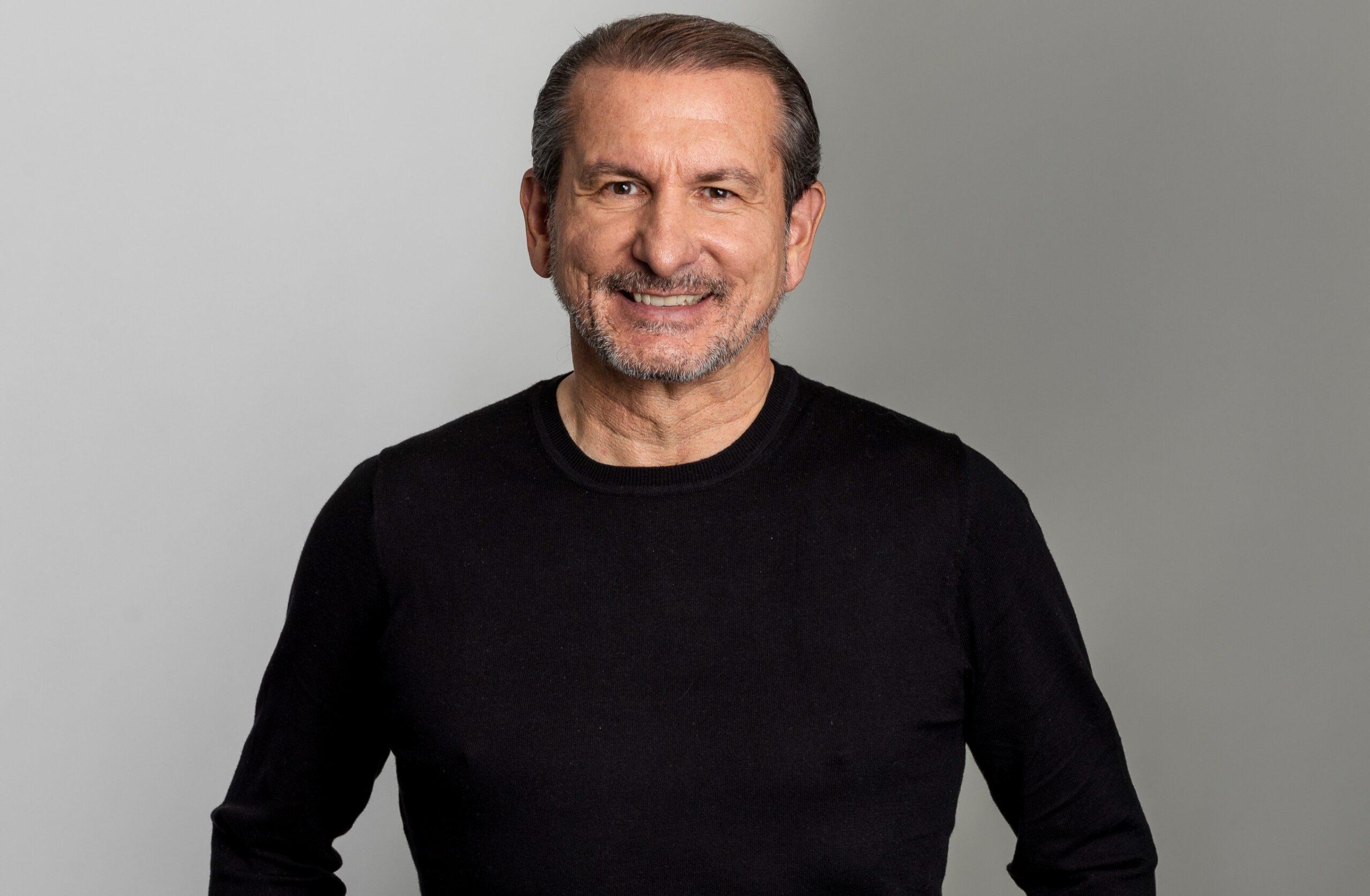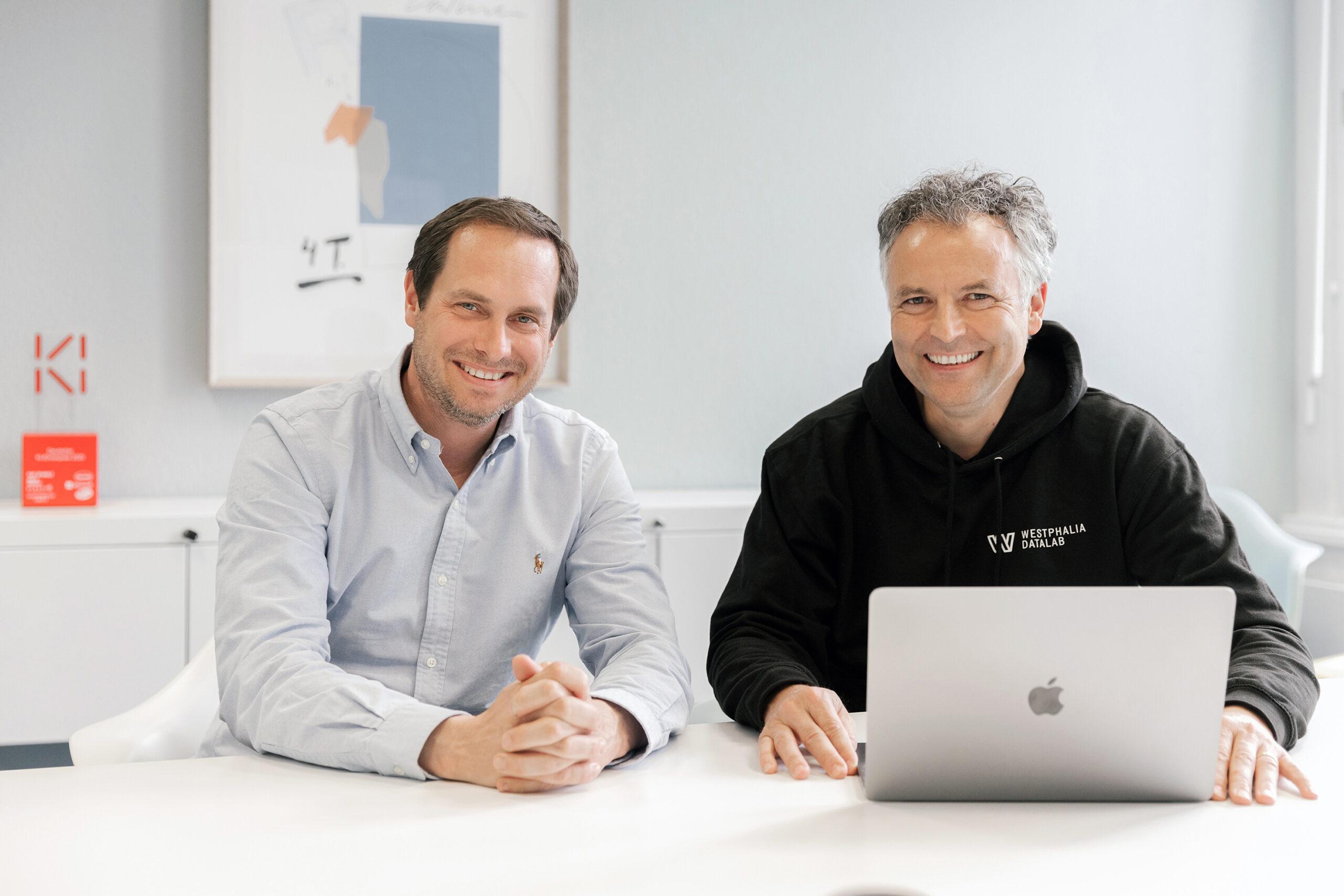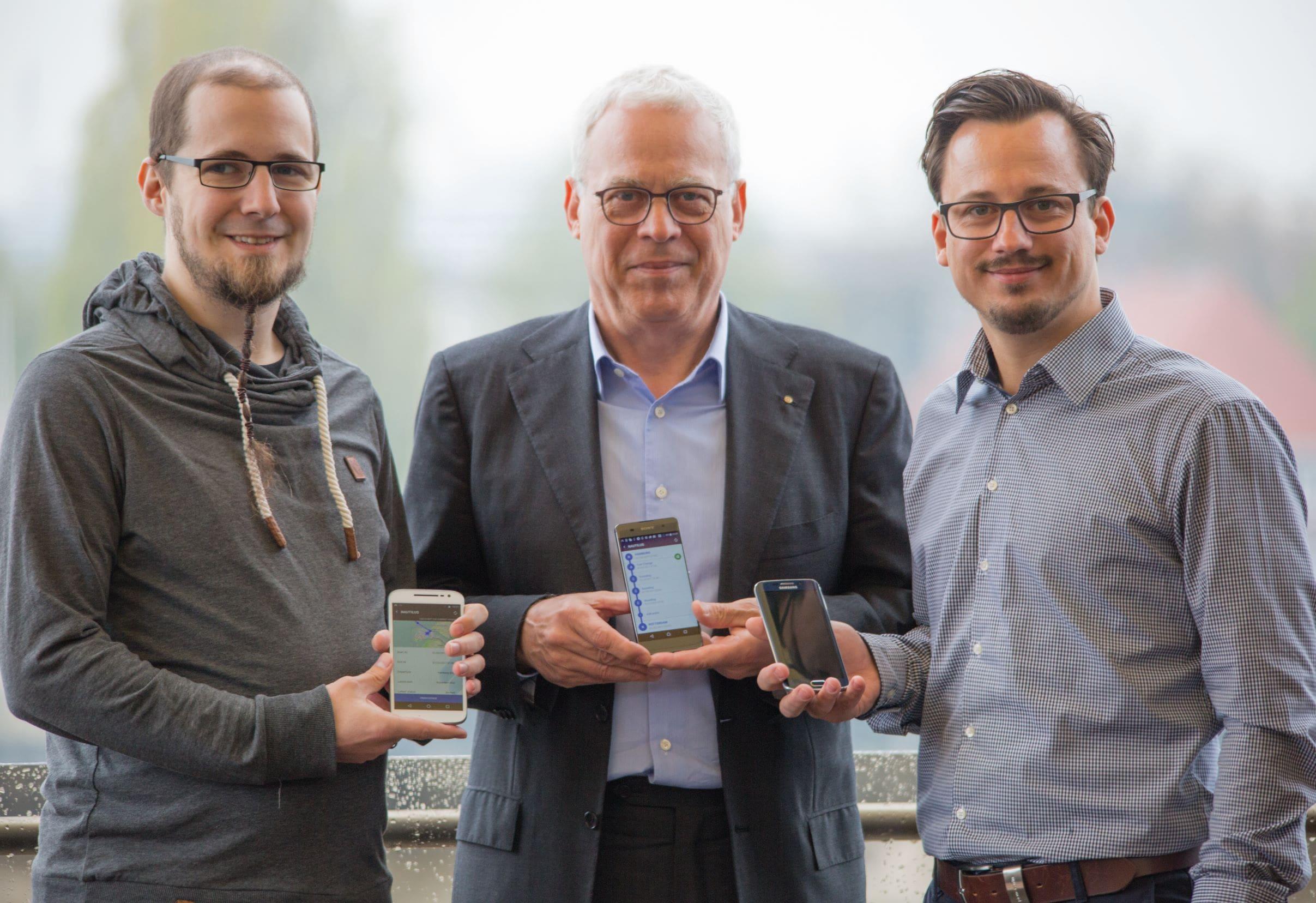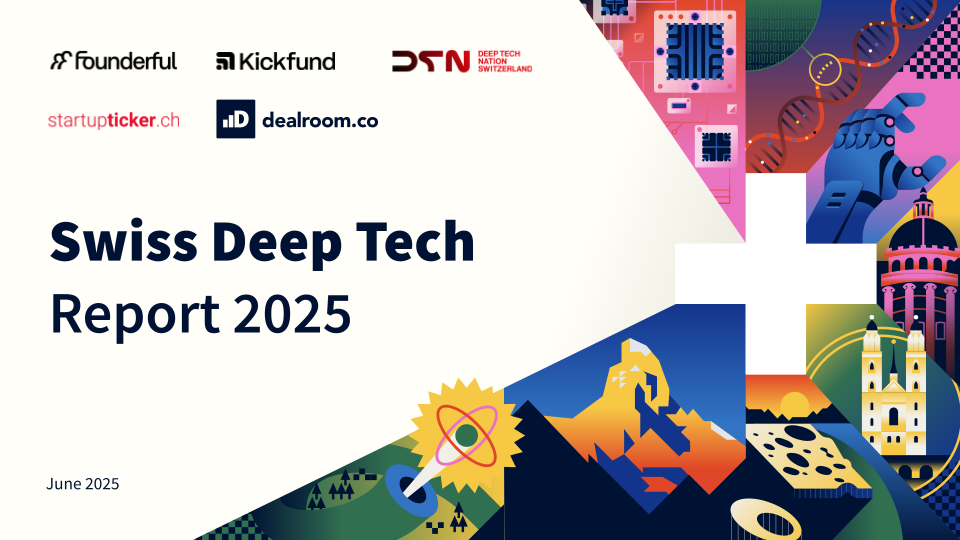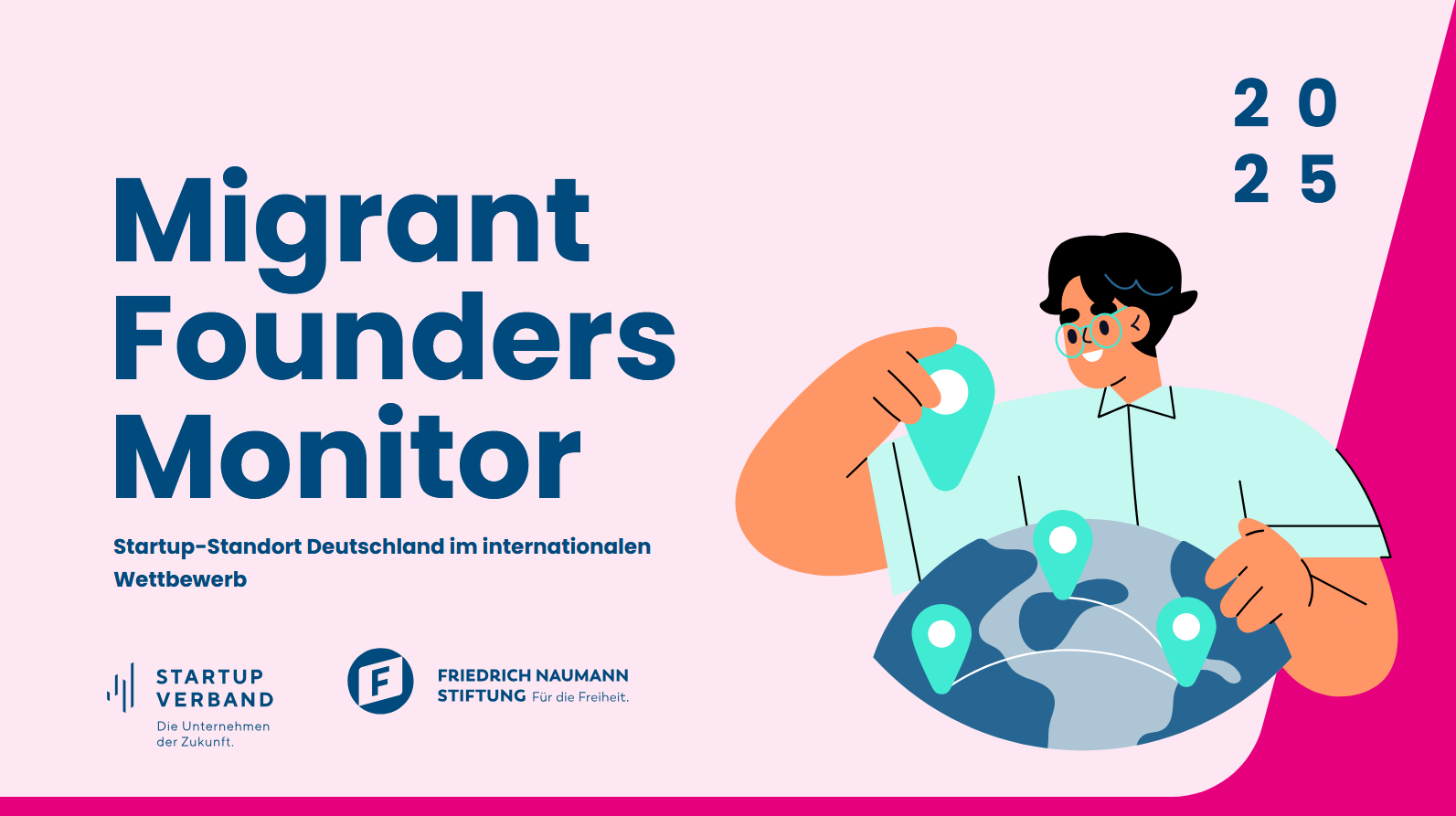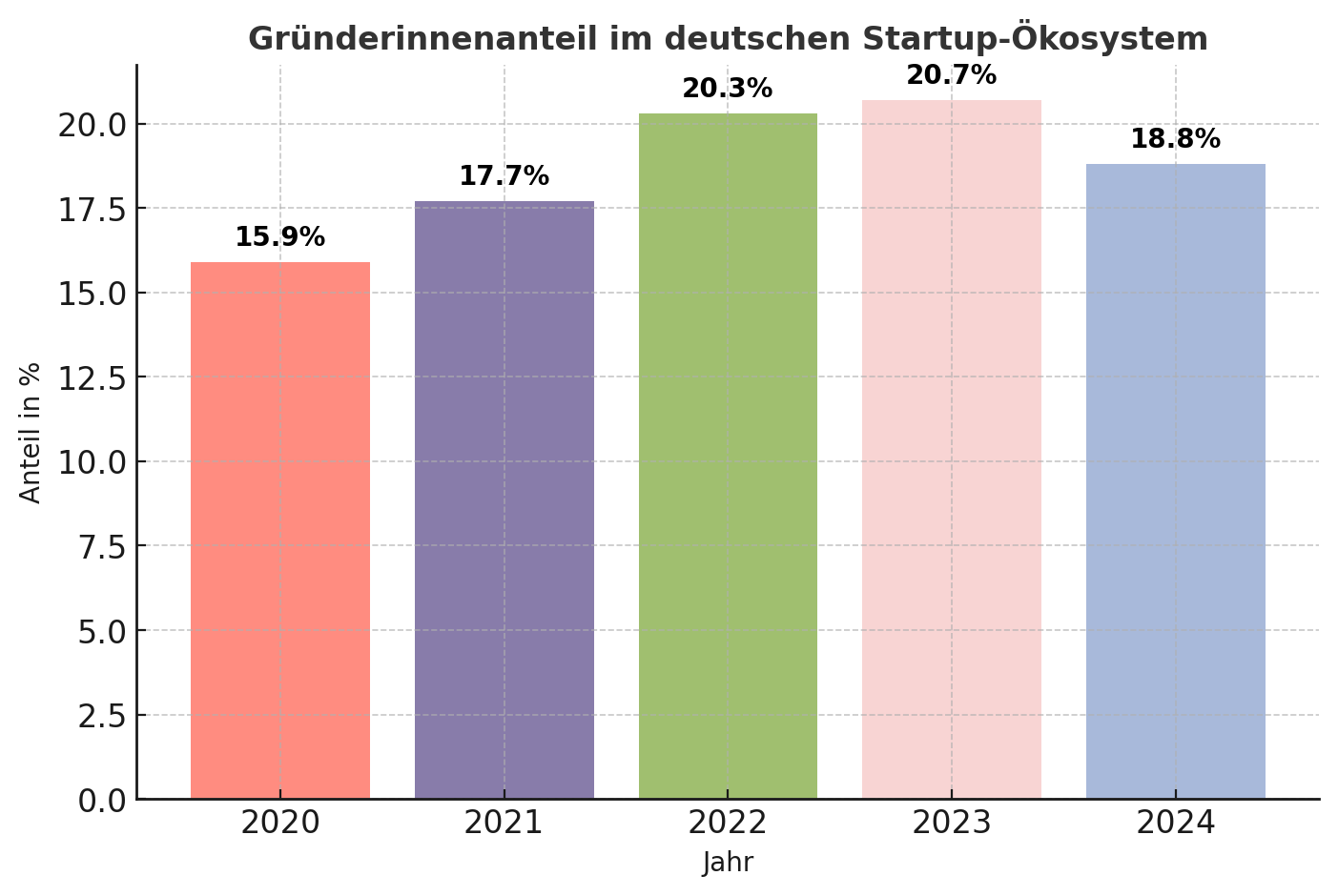E-sports: a market worth billions and hardly any large start-ups
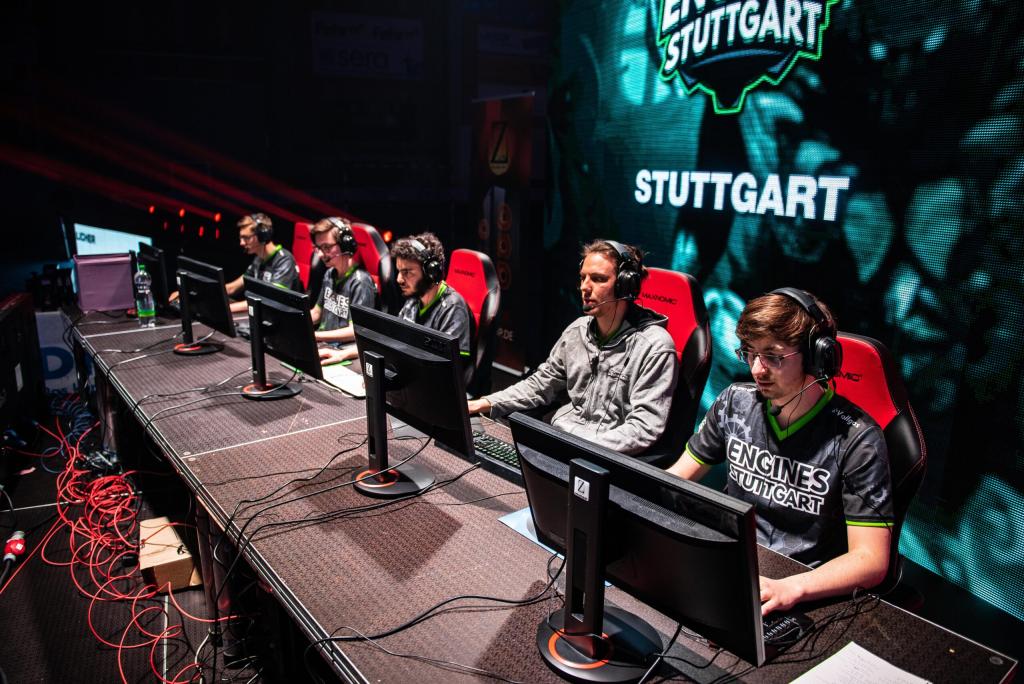
The e-sports scene is growing and growing. This also brings founders onto the scene. They have an advantage over large companies: they are more likely to understand what is important in this young market.
Luca Jebautzke wanted to think bigger. When he went to Stuttgart Media University (HDM) in 2017, he came across a small e-sports initiative at his university. Jebautzke himself would like to set up a team for the computer game Overwatch, a science fiction-style first-person shooter that is known above all for its speed. With difficulty, he gets nine players together.
Just two semesters later, the initiative had 140 interested parties. He then left the HDM and founded an independent association with Engines Stuttgart. It now has over 250 members. Jebautzke's next big goal is to raise money for his own clubhouse and make e-sports better known in the region.
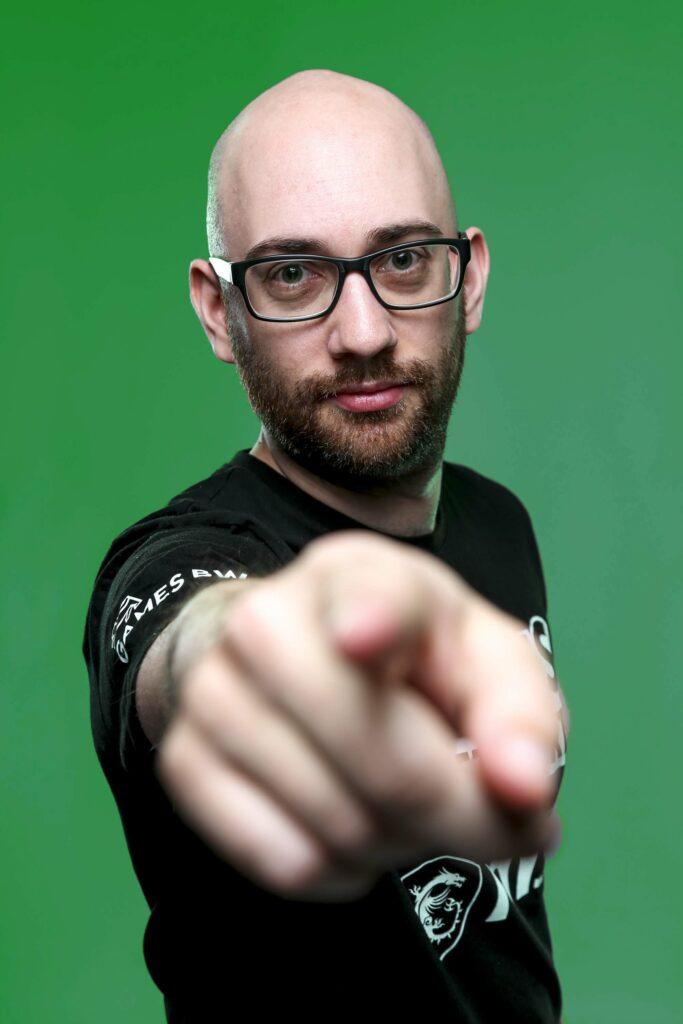
We still have to fight for recognition, especially in Baden-Württemberg. And without recognition, for example as a proper sport, it is also more difficult to get money. Without sponsors, nothing works in e-sports at the moment, not only for the really big events and clubs, but also for us.
The rapid rise of Engines Stuttgart shows this: E-sports is booming. More and more clubs are being founded, many at universities, but also professionally run ones. And some traditional sports clubs are also getting in on the act: Schalke 04, for example, has e-athletes under contract, while Alemannia Aachen and Eintracht Frankfurt are also involved.
It is said time and again that e-sports has the potential to become a billion-dollar market. Prize money and the number of spectators are increasing year on year - in Germany too. The auditing and consulting firm PricewaterhouseCoopers (PwC) even sees e-sports as the key to Generation Z and therefore the young people who are already customers and will soon become employees of large companies. According to the PwC study "Digital Trend Outlook 2020: Esports", revenue growth in the industry is consistently high. "Whether live streams or sold-out live events in stadiums after the Covid-19 crisis: advertisers are reaching a growing number of viewers with e-sports. The prospects for the industry, and for games manufacturers in particular, are therefore extremely promising," said Werner Ballhaus, Global Head of Entertainment & Media at PwC, in the summer.
This all sounds like a good market for start-ups. A market that is hungry for technical innovations and in which there are hardly any players worth mentioning apart from the major game developers and publishers - and in which other large companies are struggling to gain a foothold. One example is Sportradar, a company with a global presence that provides data from the world of sport for the media and betting providers. For a while, the company also tried its hand at e-sports. As this did not work out, it founded a joint venture with the start-up Dojo Madness in Berlin. The resulting start-up Bayes Esports, led by CEO Martin Dachselt, is now set to make a name for itself.
"E-sports is changing much faster than other sports, so an established service provider can hardly keep up," says Dachselt. For him and his team, it is therefore also important to find out which games could be of interest to betting providers - and which are not worth the effort. "There are also games that are very popular but are simply not suitable for e-sports," says Dachselt.

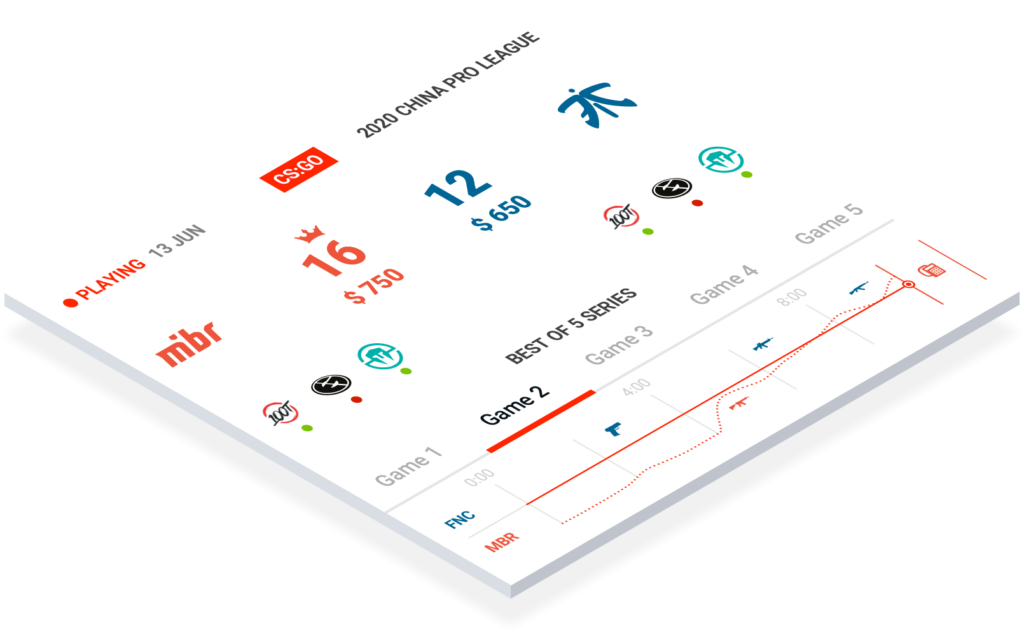
Bayes Esports is one of the start-ups that has already managed to establish itself to some extent. According to CEO Dachselt, the company is planning a turnover of 10 million euros for this year. This would mean growth of almost 300% compared to 2019. They are also expecting high growth in 2021. "I moved here from Delivery Hero and was surprised myself at how big the market already is," says Dachselt. They have already brought major investors on board, including Sony Investment Funds, for example. "I actually receive inquiries from investors every week," says Dachselt. The market is currently in a phase in which more and more money is flowing in. "However, I believe that we will soon see the first consolidation."
Many other start-ups are still in the middle of the experimental phase. One of these is Shikenso in Frankfurt. In 2017, founders Tarik Amhamdi, Arwin Fallah, Armin Herrenschneider, Wahed Hemati and Tolga Uslu developed a tool that allows users to filter streams on the Twitch platform. "However, we have now completely moved away from this B2C business," says Product Marketing Manager Karsten Schonauer.
Shikenso is now targeting sponsors of e-sports events, teams and marketing agencies, which brings in significantly more money. The start-up uses AI to analyze how successful certain advertising measures are on streams, for example. This gives companies a better sense of what their marketing is actually achieving. "We want to play our part in the professionalization of e-sports," says Schonauer.
At the beginning of the year, the Shikenso team still consisted of the five founders and a few part-time employees. They have had their first proper office since December. In January, Shikenso will expand to ten employees including shareholders, says Schonauer. So far, Shikenso has been able to do without external funding. "We are very proud of the fact that we have been able to finance everything entirely from our own resources," says Schonauer.

Newsletter
Startups, stories and stats from the German startup ecosystem straight to your inbox. Subscribe with 2 clicks. Noice.
LinkedIn ConnectFYI: English edition available
Hello my friend, have you been stranded on the German edition of Startbase? At least your browser tells us, that you do not speak German - so maybe you would like to switch to the English edition instead?
FYI: Deutsche Edition verfügbar
Hallo mein Freund, du befindest dich auf der Englischen Edition der Startbase und laut deinem Browser sprichst du eigentlich auch Deutsch. Magst du die Sprache wechseln?







